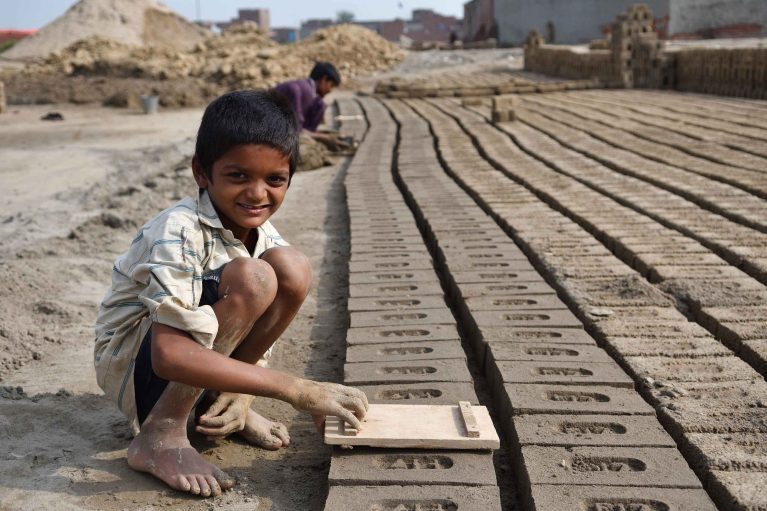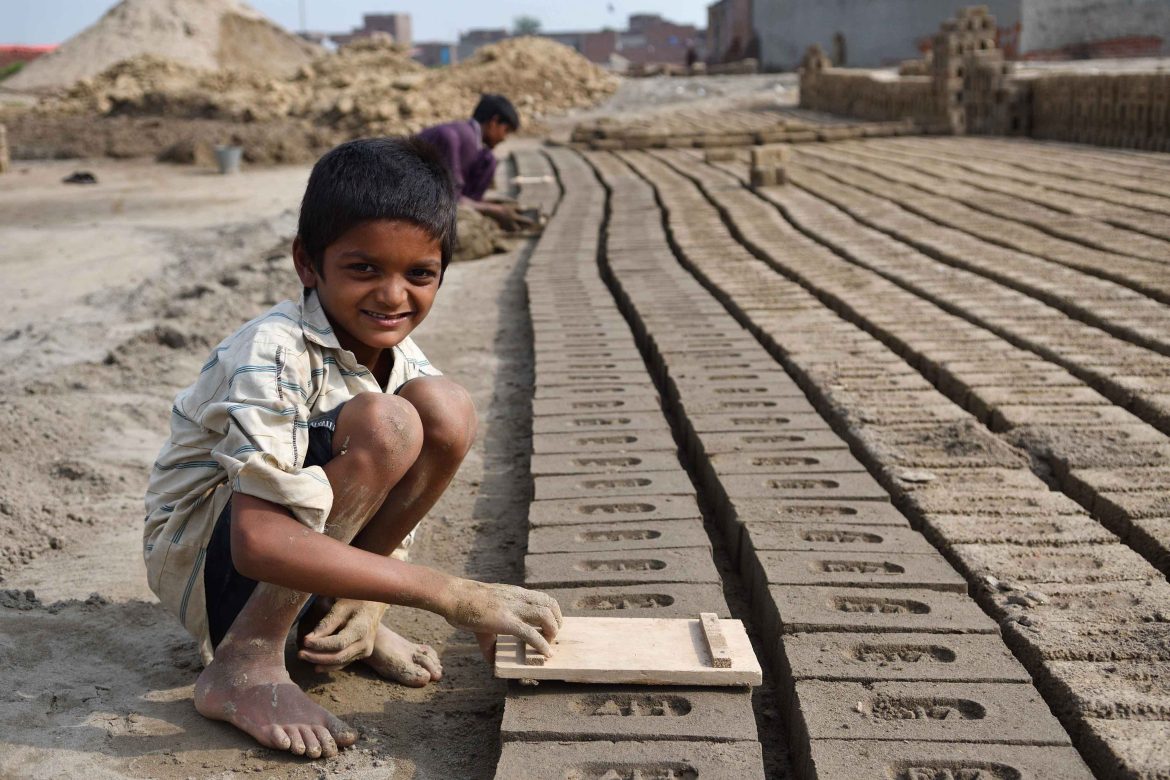Pakistan: supporting children in the slums of Islamabad
Although Pakistan has made progress in many economic and social areas, a significant portion of the population remains very poor. Child labour remains a serious problem. Young people affected often have to do odd jobs on the streets to make a financial contribution to their family’s needs. This reduces their chances to receive an education and lift themselves out of poverty.
Support for children of poor families
Slums abound in Pakistan’s capital, Islamabad. Scattered across almost all parts of the city, they are a sign of rapid urbanization, accompanied by inequality and marginalization. According to forecasts, more than half of Pakistan’s population will live in large cities by 2030. These people are mostly Afghan refugees, internally displaced persons, or ethnic and religious minorities who move to cities to find better livelihoods. Often, they are left without access to education, health and a regular income – and children do not receive a quality education, if they go to school at all.
There are still 12.5 million working children in Pakistan who are unable to exercise their basic rights to education and protection. Many families cannot afford to send their children to school. Instead, even the youngest must contribute to the family income – in order to survive. In addition, there is a lack of school facilities and adequately trained teachers in the slums of Islamabad.
Some children are forced to start working very young to support their families. Here, they are working in a brick factory.
Creating new perspectives
Solidar Suisse has been enabling marginalized children in the slums of Islamabad to access education with community schools, informal education centers and madrasas since 2014. These madrasas often offer children from poor backgrounds the only opportunity to receive a basic education. But the teachers are also often poorly trained. Solidar Suisse enables them to receive further training so that they can better meet the educational needs of the children and provides them with teaching materials.
In addition, the students are taught skills that are essential for their everyday lives: They learn hygiene rules, what their rights are and how to defend themselves against sexual abuse. The aim of this project is to prevent the worst forms of child labor, abuse, violence and health risks.
Rukhsana, 15
15-year-old Rukhsana lives with her family in the F12 settlement in the northern area of Islamabad. In this area, there is no access to the most basic services such as clean water and sanitation - let alone access to quality education. Rukhsana always wanted to go to school, but her father, a day laborer, could not afford it. Through word of mouth, the family learned about Saya School, which offers free education to boys and girls. Since 2012, Rukhsana has attended Saya School and is now in tenth grade. Her passion for writing and performing led her to the podium of Pakistan's parliament on National Day, where she gave a speech about children's rights. «It felt like a dream,» Rukhsana said, «I owe it all to my teachers at Saya School and my parents.»
Help children in Pakistan
Thanks to your support, children in Islamabad will be able to go to school.

